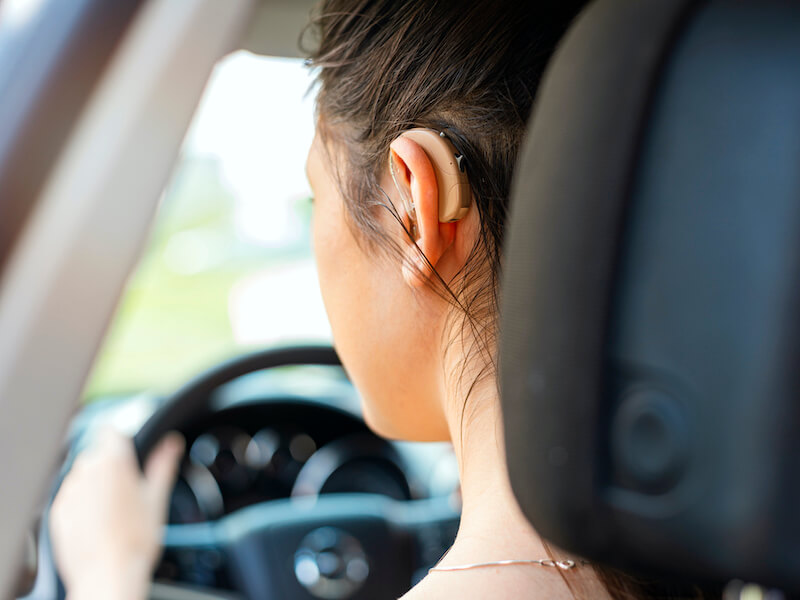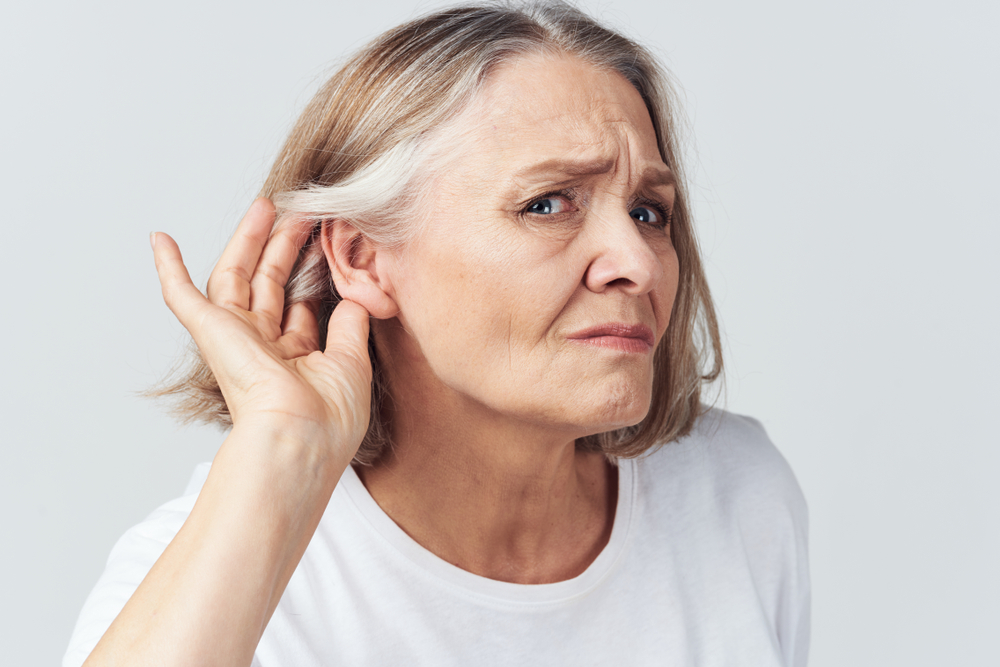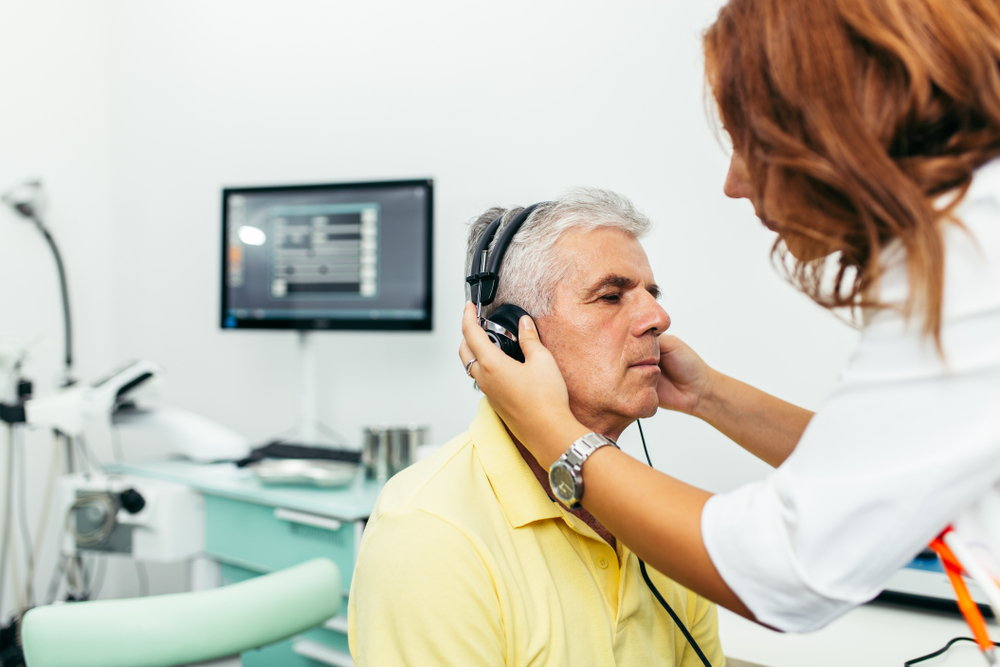Keep your eyes on the road. Of course, it’s good advice, but it doesn’t say much about your other senses. Your ears, for example, are doing a ton of work while you’re driving–helping you track other vehicles, calling your attention to information on your dashboard, and keeping you engaged with the other passengers in your vehicle.
So when you experience hearing loss, the way you drive can change. That’s not to say your driving will become prohibitively dangerous–distracted driving and inexperience are larger liabilities in terms of safety. That said, those with diminished hearing should take some special precautions to remain as safe as possible.
Hearing loss can impact your situational awareness but developing good driving habits can help you remain a safe driver.
How hearing loss might impact your driving
Generally, driving is a vision-centric activity (at least, if it’s not a vision-centric activity, something has gone wrong). Even total hearing loss probably won’t stop you from driving, but it very likely might change the way you drive. After all, you use your hearing a great deal while you’re driving. Some typical examples include:
- You can often hear emergency vehicles before you see them.
- Your vehicle will often make audible sounds and alerts in order to make you aware of something (turn signals or unbuckled seat belts, for example)
- Even though many vehicles are designed to reduce road noise, your sense of hearing can often add to your awareness of other vehicles. You will usually be able to hear an oncoming truck, for instance.
- Your hearing will often alert you when your car is damaged in some way: for example, if you run over an obstruction in the road or a rock hits your windshield.
- Other drivers will often use their horn to make you aware of their presence. For example, if you start drifting into another lane or you remain stopped at a green light, a horn can make you aware of your error (before bad things happen).
All of these audio cues can help build your overall situational awareness. As your hearing loss progresses, you may miss more and more of these cues. But there are steps you can take to ensure you still remain as safe as possible while driving.
New safe driving habits to develop
If you’re experiencing hearing loss and you want to keep driving, that’s okay! Here are some ways you can make sure to stay safe when out on the road:
- Pay extra attention to your mirrors: You may not be able to hear an ambulance pull up behind you–even with all those sirens going. So make sure you aren’t neglecting your mirrors. And generally try to keep an elevated awareness for emergency vehicles.
- Keep interior noise to a minimum: Hearing loss is going to make it difficult for your ears to differentiate noises. When the wind is howling and your passenger is speaking, it might become easy for your ears to grow overwhelmed, which can cause fatigue and distraction. So when you’re driving, it’s a good idea to lower the volume on your radio, keep conversation to a minimum, and roll up your windows.
- Keep your phone stowed: Well, this is good advice whether you have hearing loss or not. Phones are among the leading causes of distraction on the road today. And that goes double when you try to use them with hearing loss. Keeping your phone stowed can, simply, keep you safer–and save your life.
- Don’t neglect your instrument panel: Usually, your car will ding or beep when you need to look at your instrument panel for something. So you’ll want to make sure you glance down (when it’s safe) and make sure your turn signals aren’t still blinking, or your check engine light isn’t on.
- Wear your hearing aid every time you drive: It’s not going to help you if you don’t wear it! So make sure you’re wearing your hearing devices every time you get behind the wheel. This will also help your brain acclimate to the signals your hearing aid sends your way.
- Ask your hearing specialist for a “driving” setting: If you anticipate doing a fair amount of driving, you can ask your hearing specialist to give you a “car” setting on your hearing aid. This setting will be calibrated for the interior space and configuration of your vehicle (where, usually, your conversation partner is to your side and not in front of you), making your drive easier and more pleasant.
- Keep your hearing aids clean, updated, and charged: You don’t want your hearing aid batteries to die right in the middle of a drive to the store. That can be distracting and maybe even dangerous. So keep your batteries charged and ensure everything’s in working order.
How to keep your hearing aid driving ready
If you have hearing loss, driving is one of those instances where having a hearing aid can really come in handy. And there are a few ways you can make sure your hearing aid is a real asset when you’re driving:
Plenty of people with hearing loss continue to drive and hearing aids make the process safer and easier. Developing good habits can help ensure that your drive is pleasant and that your eyes stay safely on the road.



